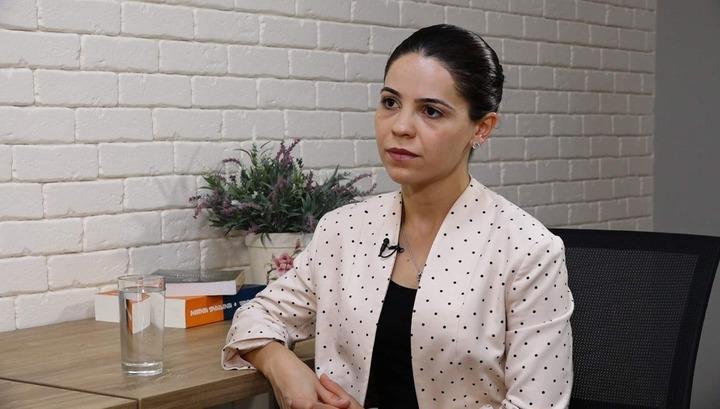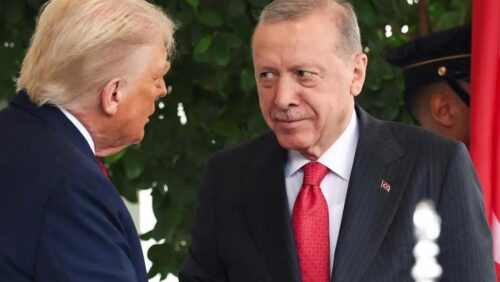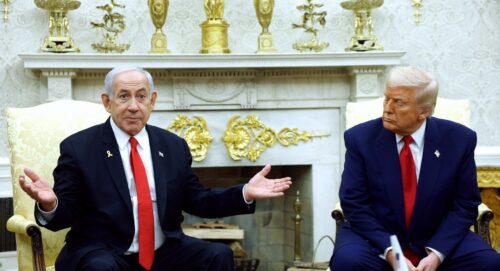
Azerbaijani Studies expert: Aliyev once again admits he is forcing the Armenian authorities to make unilateral concessions
In his New Year’s message, Aliyev made some noteworthy statements, Expert on Azerbaijani Studies Tatevik Hayrapetyan writes.
“As was predictable, Aliyev dedicated part of his speech to making new threats against Armenia, as well as recalling old ones. Speaking about the achievements of the past year, he noted: ‘This year, we returned to four villages in the Gazakh District without a shot being fired—through political means. But it is also true that if it had not been for the events of the past four years in Azerbaijan-Armenia relations, Armenia would, of course, never have voluntarily returned these villages to us. They did it under duress. They did it realizing our political and military strength, and I hope that from now on, Armenia, in conducting its policy, will continue to take into account the new realities that have emerged in the South Caucasus, as well as in the world. We have created new realities in the South Caucasus; the Patriotic War created these realities. The restoration of our state sovereignty further strengthened these realities, and we reaffirmed these new realities we have created in the South Caucasus at the diplomatic, international, and political levels. The whole world has accepted these new realities…’
With these words, Aliyev, in fact, admits once again that he is forcing the Armenian authorities to make unilateral concessions exclusively through the use of force and the threat of force. While the authorities try to package these concessions with terms like ‘delimited Kirants’ and ‘fateful processes,’ for Aliyev, this is a matter resolved through the threat of force. It is not accidental that the use of force and the threat of force are considered almost equivalent dangers and placed side by side. Now, Aliyev has mastered this technique very well, and moreover, he takes pride in it, seeing it as an achievement, while it completely contradicts the essence of political and diplomatic relations and, in general, the entire discourse about peace,” Hayrapetyan writes.


